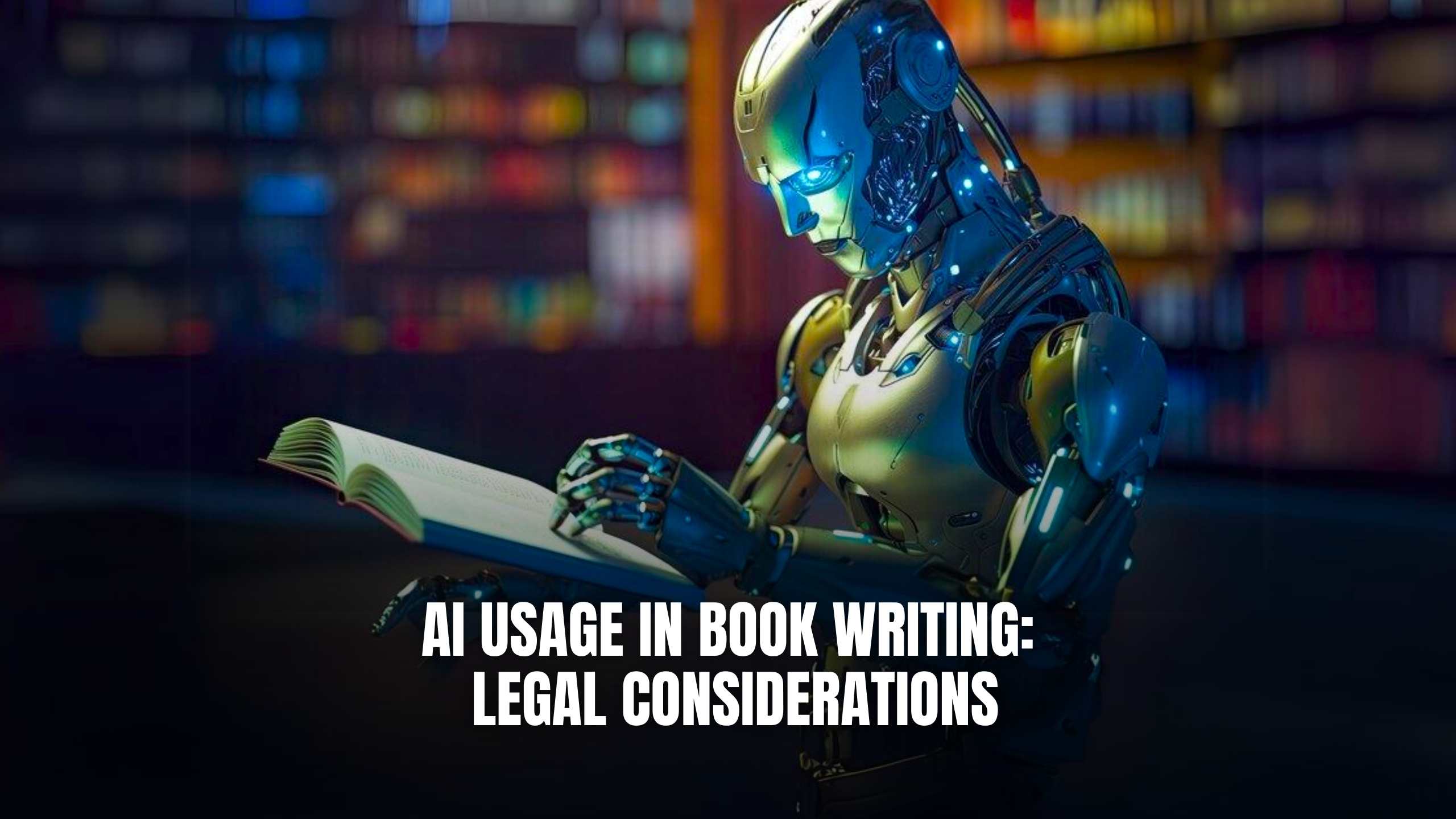AI Usage in Book Writing: Legal Considerations
- AI Image Generators Software AI Writing Assistant Popular Tools AI Tools


AI Usage in Book Writing: Legal Considerations
With the advancement of artificial intelligence (AI) technology, the landscape of book writing has evolved significantly. Authors and publishers are increasingly exploring the use of AI tools to streamline the writing process and enhance creativity. However, the integration of AI in book writing raises important legal considerations that must be addressed to ensure compliance with intellectual property laws, copyright regulations, and ethical standards.
1. Copyright Ownership and Attribution
One of the primary legal concerns surrounding the use of AI in book writing is the determination of copyright ownership and attribution. While AI tools can assist authors in generating content, questions arise regarding the originality of the work and the extent to which AI-generated content can be protected under copyright law. Authors must carefully consider the legal implications of using AI-generated content and ensure proper attribution and acknowledgment of contributions.
2. Plagiarism and Intellectual Property Infringement
Another legal consideration is the risk of plagiarism and intellectual property infringement associated with AI-generated content. Authors utilizing AI tools must exercise caution to avoid inadvertently reproducing copyrighted material or infringing upon existing works. Implementing robust plagiarism detection mechanisms and conducting thorough research are essential steps to mitigate the risk of legal disputes and protect intellectual property rights.
3. Data Privacy and Security
The use of AI in book writing also raises concerns regarding data privacy and security. AI tools often rely on vast amounts of data, including personal information and sensitive content, to generate insights and recommendations. Authors and publishers must adhere to stringent data protection regulations, such as the General Data Protection Regulation (GDPR), to safeguard the privacy and confidentiality of user data and ensure compliance with legal requirements.
4. Ethical Considerations and Transparency
Ethical considerations play a crucial role in the adoption of AI in book writing. Authors must be transparent about the use of AI tools and disclose any AI-generated content to readers to maintain integrity and trust. Additionally, ensuring that AI-generated content aligns with ethical standards and respects cultural sensitivities is paramount to avoid reputational damage and legal repercussions.
5. Regulatory Compliance and Industry Standards
Compliance with regulatory requirements and industry standards is essential for authors and publishers leveraging AI in book writing. Staying abreast of evolving legal frameworks and guidelines governing AI technology, such as the European Union’s AI Act, is imperative to mitigate legal risks and ensure responsible use of AI tools in the publishing industry.
Relevant SaaS Products:
- Copyscape: Protect your content from plagiarism and intellectual property infringement with Copyscape’s powerful plagiarism detection tools, ensuring compliance with copyright regulations and ethical standards.
- Grammarly: Enhance your writing and ensure clarity and correctness with Grammarly’s AI-powered writing assistant, helping authors maintain professionalism and integrity in their work.
- iThenticate: Safeguard your research and scholarly writing from plagiarism and ensure originality with iThenticate’s plagiarism detection software, essential for authors and publishers in academic settings.
- Scrivener: Organize your writing projects and streamline the book writing process with Scrivener’s powerful writing and editing tools, designed to boost productivity and creativity for authors of all genres.
- ProWritingAid: Refine writing style and clarity with ProWritingAid’s comprehensive analysis tools, empowering authors to enhance manuscripts and deliver top-notch content.
Conclusion
While AI offers exciting possibilities for streamlining the book writing process and enhancing creativity, it also presents significant legal considerations that authors and publishers must address. By navigating copyright ownership and attribution, mitigating plagiarism risks, prioritizing data privacy and security, upholding ethical standards, and ensuring regulatory compliance, authors can harness the power of AI responsibly and ethically in their writing endeavors.
Safeguard Your Book Writing Process with Subscribed.fyi Deals!
Ready to navigate the legal complexities of AI usage in book writing? Unlock free member-only deals with Subscribed.fyi, your ultimate destination for savings on essential SaaS tools and resources. Sign up today to access secret deals and streamline your book writing process while ensuring legal compliance and ethical integrity!
Relevant Links:








